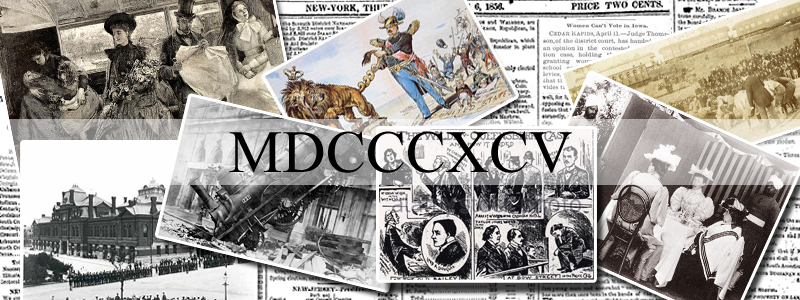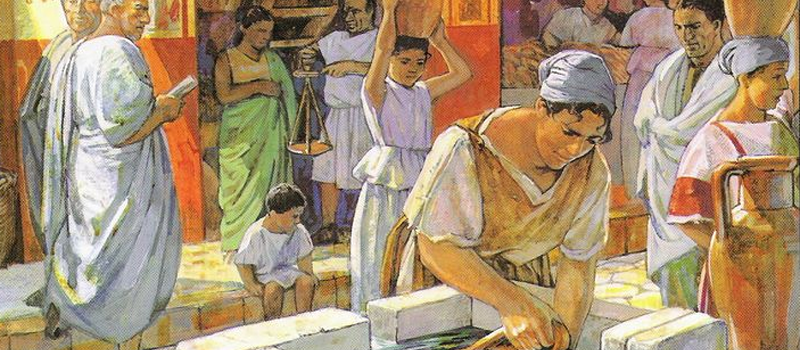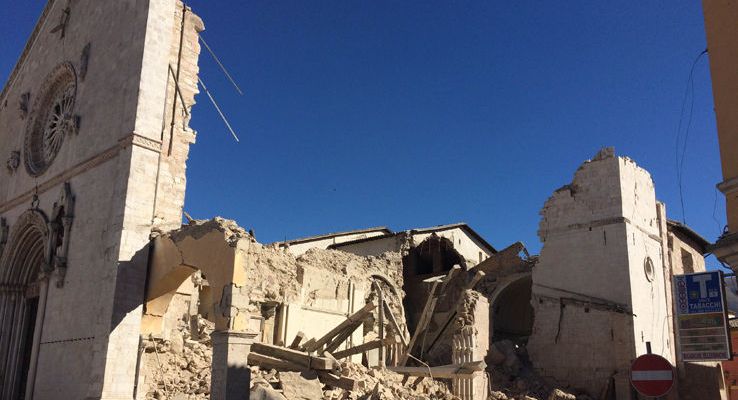Claude Duval was a French-born, gentleman highwayman in post-Restoration Britain whose gallantry made him infamous. History suggests he is the most signiicant figure in shaping the highwayman myth. He certainly has been the role model for numerous Hollywood movies and the gallant, gentleman thief.
Continue reading “The Gallant Claude Duval from Episode 206”
Looking Forward in History to 1895
As Dr Sage and Professor Savant are about to begin a new year (1895) we thought we’d look at some of the events they will be experiencing. Much was changing in the world, from the conflicts between global powers to the development of gas and diesel powered engines. These are just some of the highlights our characters have to look forward to in the coming year.
Continue reading “Looking Forward in History to 1895”
Dromedaries of the Old West
Podcast: Play in new window | Download
Subscribe: Apple Podcasts | Google Podcasts | Stitcher | TuneIn | RSS
Dr Sage hones her skills at pinpointing a time, but selecting where they go is another matter entirely. This month Dr Sage and Professor Savant take a trip back to the ol’ west when the “city of angels” was not much more than a cow town. Camels make another appearance as we explore the history of Brigadier General Edward Beale.
Continue reading “Dromedaries of the Old West”
Background Information
Famous People included in Episode 203
We like to include current events in our podcast to give our listeners an idea as to what people were discussing in the late 1800’s. In “The Haunted Laboratory” we include a serial killer and someone just beginning his famous career in psychology.
Continue reading “Background Information”
Background on The Wrack of the Medusa
When looking for material for episodes, our writer Eddie Louise likes to find moments in history that have an impact. In the month of May, she has chosen the Wrack of the Medusa, a French frigate which struck the Bank of Arguin. Not only does this provide a moment in history where Sage & Savant can easily travel to – lots of dead bodies – but the events that transpired were beyond imagination.
Continue reading “Background on The Wrack of the Medusa”
Hegel and the Concepts of Time
George Hegel was an early 19th century philosopher and one of the great systematic thinkers in Western philosophy. He developed his triadic method (Entwicklung) in which philosophy would not contradict experience.
Roman Empire: What Was Life Like
There are a number of elements about Roman life which we tossed out in this month’s episode, The Accidental Tourist. We posted several videos on what Pompeii was like here, but there is so much more than just the destruction by Vesuvius.
Continue reading “Roman Empire: What Was Life Like”
What happened in Pompeii the day Vesuvius decided to blow?
Pompeii was an ordinary city, with shops and markets, bars and theaters, temples and homes. They were like many other cities found in the Roman Empire and throughout what we now call Italy. There were roughly 15k people living in Pompeii at the time Vesuvius erupted, living in everything from luxury homes to small flats and apartments. It had been around for probably a couple hundred years, so it was well established in what happened in the daily lives of its inhabitants. In less than a day, their lives and the landscape around them would be forever changed.
Continue reading “What happened in Pompeii the day Vesuvius decided to blow?”
Books about Vikings
There are a number of books available with more information about Vikings. Here are just a few.
Continue reading “Books about Vikings”
Earthquakes, then and now
California is no stranger to earthquakes, but we are hardly the only place in the world to feel their effects. Italy has been hit particularly hard throughout history, most recently in August 2016 when an earthquake registering 6.2 on the Richter scale rocked Amatrice. The Italian earthquake institute (INGV) reported 60 aftershocks in the four hours following the initial quake, the strongest aftershock measured 5.5.
Continue reading “Earthquakes, then and now”










